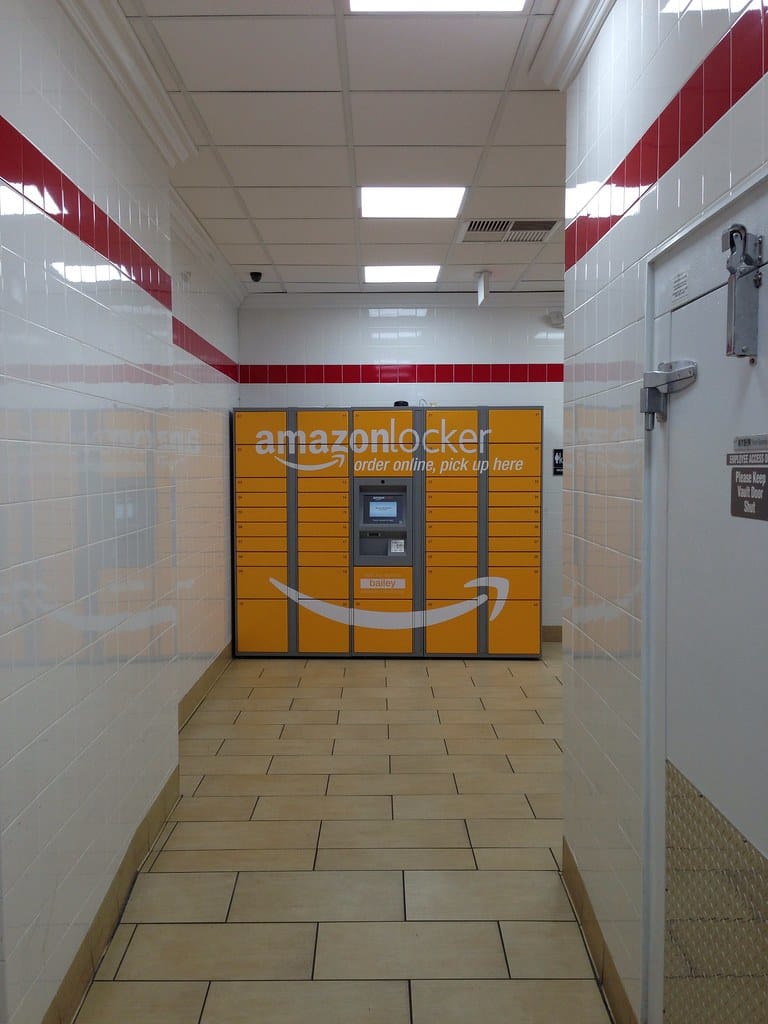Tech Billionaire's Immigration Group Sounds Economic Alarm for American Families
Mark Zuckerberg's immigration advocacy organization is raising red flags about proposed policy changes, warning that American families could face significant financial hardships if current immigration reform discussions move forward. The intervention highlights the growing intersection between Silicon Valley influence and national immigration policy debates.
FWD.us Takes Center Stage in Policy Debate
FWD.us, the political advocacy group co-founded by the Meta CEO in 2013, has emerged as a vocal opponent of several immigration policy proposals currently circulating in Washington. The organization, which traditionally focuses on comprehensive immigration reform and protecting DACA recipients, is now expanding its messaging to emphasize direct economic impacts on American households.
The group's latest campaign centers on economic modeling that suggests restrictive immigration policies could drive up costs for essential services and goods that families rely on daily. According to their analysis, sectors heavily dependent on immigrant labor—including healthcare, agriculture, and construction—would face severe workforce shortages, ultimately passing increased costs to consumers.
The Numbers Behind the Warning
FWD.us cites compelling economic data to support their position. The organization points to research indicating that immigrants, both documented and undocumented, contribute approximately $2 trillion annually to the U.S. GDP. Their analysis suggests that major policy restrictions could reduce this contribution by 15-20%, creating ripple effects throughout the economy.
Healthcare emerges as a particular concern in their projections. With foreign-born workers comprising nearly 25% of all healthcare support staff and 16% of registered nurses, proposed changes could exacerbate existing staffing shortages. The group estimates this could increase healthcare costs for the average American family by $1,200-$1,800 annually.
Agricultural impacts present another significant worry. Immigrant workers represent roughly 50% of the agricultural workforce, and FWD.us modeling suggests that restrictive policies could increase grocery bills by 8-12% within two years of implementation.
Silicon Valley's Growing Political Influence
The intervention represents a broader trend of technology leaders leveraging their platforms and resources to influence immigration policy. Zuckerberg's group joins other major tech figures in arguing that America's economic competitiveness depends on maintaining robust immigration pathways.
FWD.us has invested heavily in this messaging campaign, reportedly allocating over $20 million for digital advertising, grassroots organizing, and policy research. The organization is targeting swing states and districts where immigration policy positions could influence electoral outcomes.
Bipartisan Economic Concerns
While FWD.us maintains its progressive positioning, the economic arguments they're advancing have found some resonance across party lines. Several Republican-led business organizations have echoed concerns about workforce shortages in key industries.
The U.S. Chamber of Commerce has provided similar warnings, noting that many states already face critical labor gaps that could worsen with additional immigration restrictions. Texas, Florida, and Georgia—states with significant Republican leadership—have particularly vocal business communities expressing concern about potential economic disruption.
Policy Landscape and Timeline
The warnings come as Congress considers various immigration proposals, including enhanced border security measures, changes to legal immigration quotas, and modifications to existing work visa programs. While comprehensive immigration reform remains elusive, piecemeal changes could still create the economic impacts FWD.us describes.
The organization is particularly focused on proposed reductions to H-1B visa programs and potential elimination of certain temporary worker categories. These changes, they argue, would create immediate workforce gaps in critical sectors.
Looking Ahead: Economic vs. Political Priorities
FWD.us's campaign reflects the complex balance between economic necessities and political pressures surrounding immigration policy. Their focus on kitchen-table economics—rather than humanitarian arguments—represents a strategic shift designed to reach broader audiences.
The effectiveness of this economic messaging remains to be seen, but early polling suggests that cost-of-living concerns resonate strongly with voters across demographic groups. Whether this translates into policy influence will depend largely on how lawmakers weigh economic projections against political pressures from their constituents.
As immigration policy continues to evolve, Zuckerberg's advocacy group is positioning itself as a key voice in translating complex economic impacts into terms that American families can understand and evaluate. Their success in this effort could significantly influence how immigration debates unfold in coming months, potentially reshaping both policy discussions and electoral dynamics around this critical issue.

